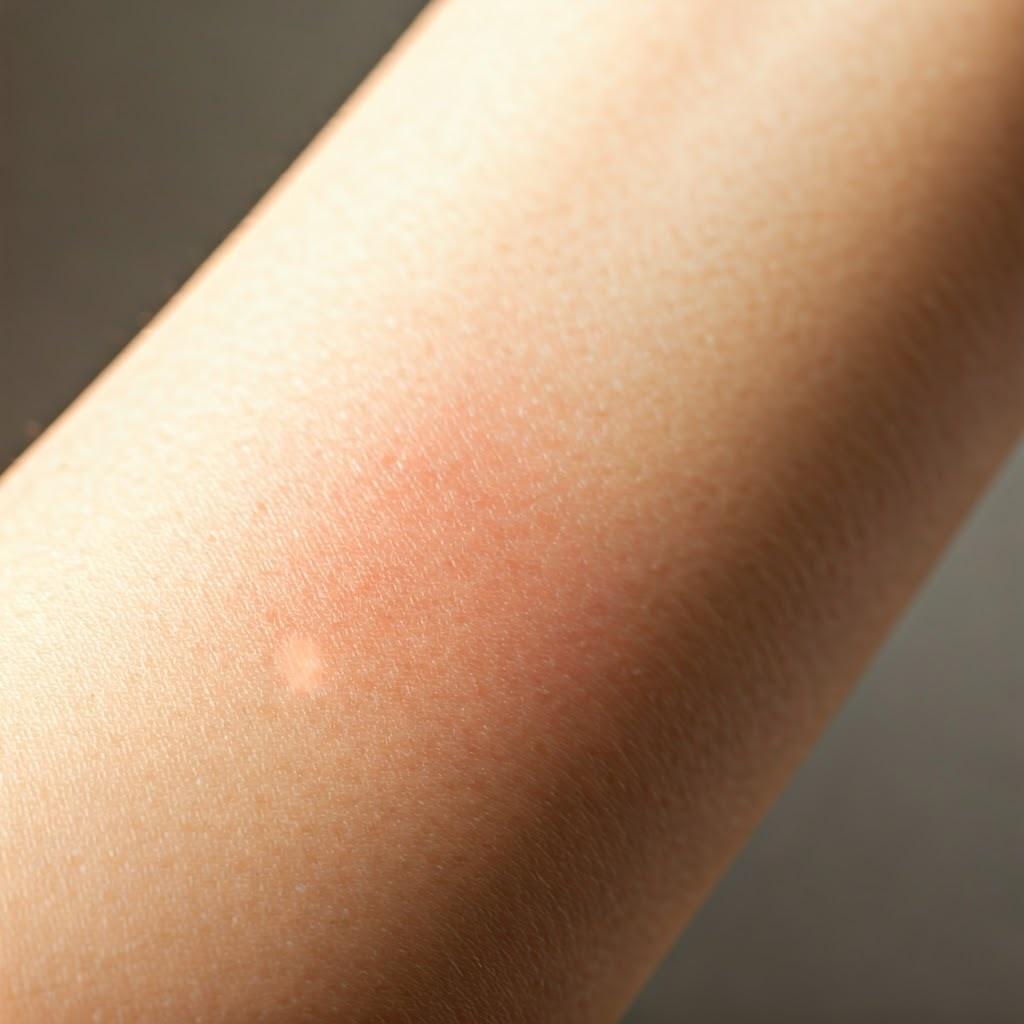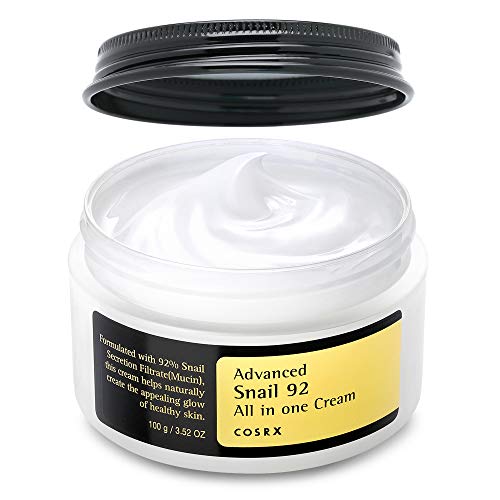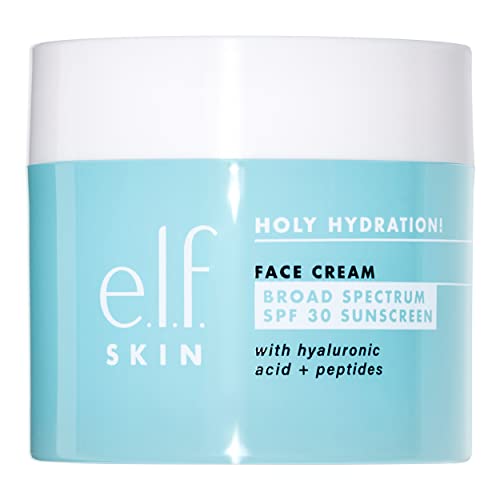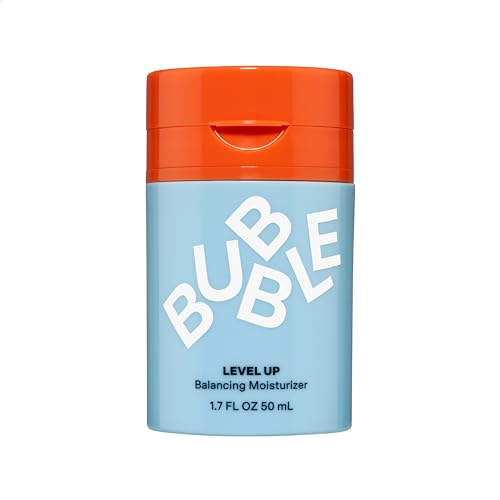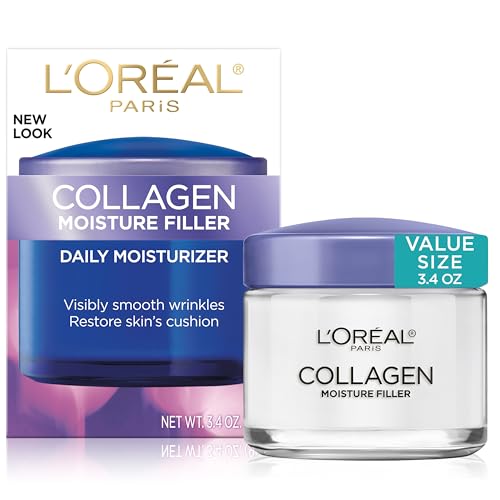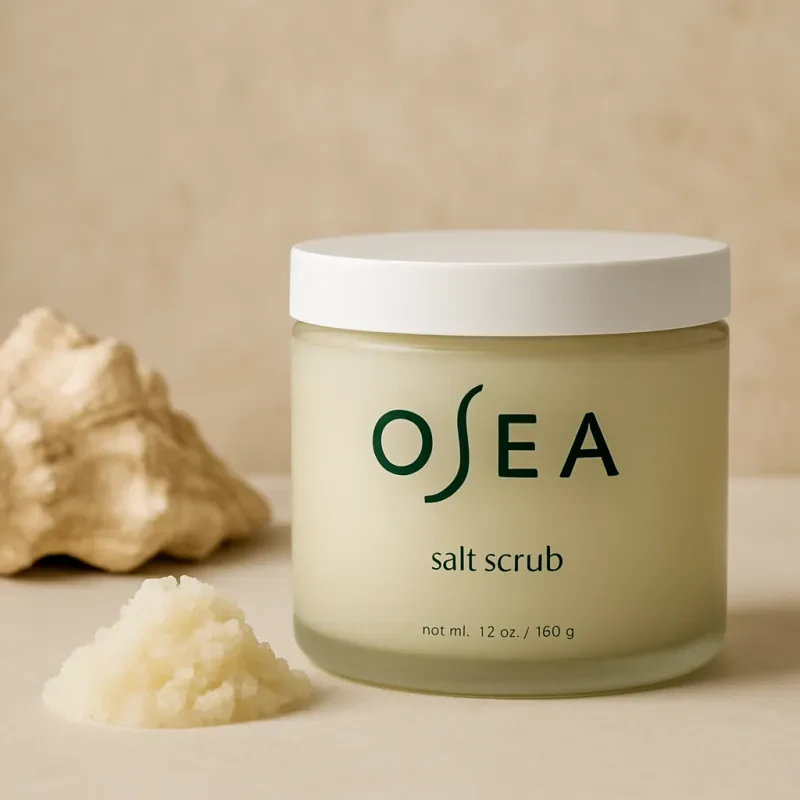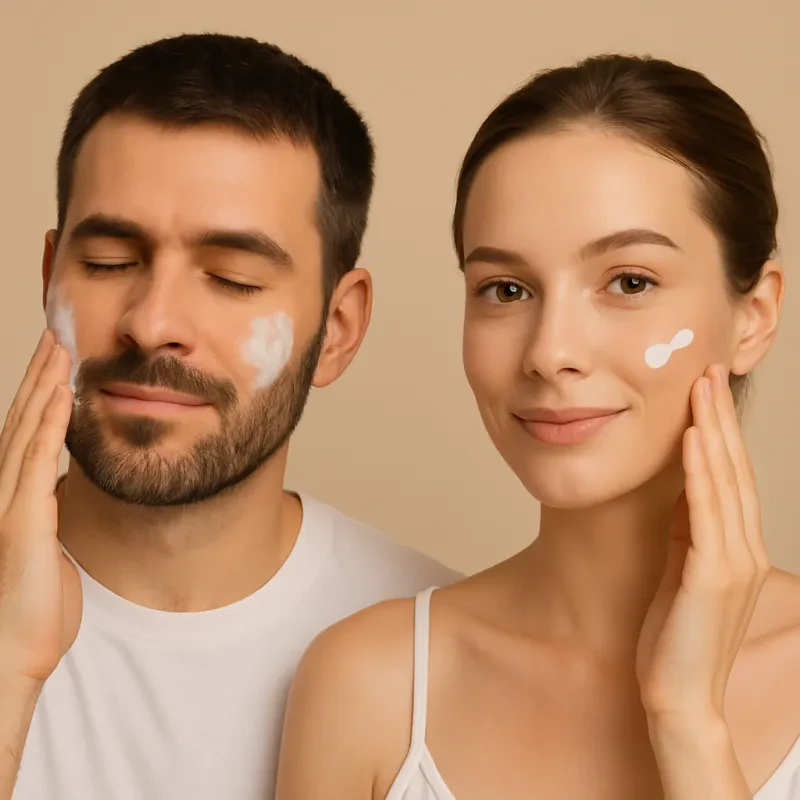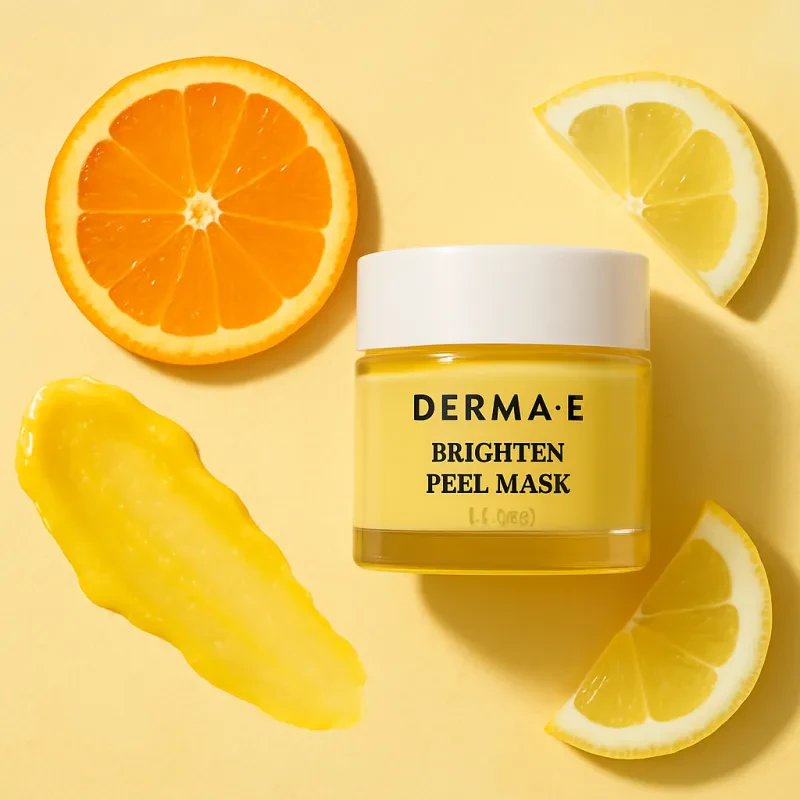Introduction to Skin Care Products
In the realm of dermatology and personal care, skin care products play a pivotal role in maintaining the health and appearance of the skin. The market is replete with a vast array of options, each touting unique benefits and formulations designed to address various skin concerns. From moisturizers and serums to cleansers and exfoliants, these products serve to cleanse, hydrate, and rejuvenate the skin. However, navigating this complex landscape requires a discerning eye, as not all products are created equal.
Choosing appropriate skin care products is crucial because using subpar or harmful items can lead to adverse effects, such as irritation, allergic reactions, or long-term damage. Some products may contain ingredients that are overly aggressive or incompatible with certain skin types, leading to issues such as dryness, breakouts, or inflammation. Furthermore, the rise of social media and influencer marketing has resulted in a proliferation of recommendations that may not be based on scientific evidence, thus complicating the decision-making process for consumers.
One must also consider the specific needs of their skin, as individual skin types—including oily, dry, combination, and sensitive—react differently to various ingredients. Therefore, it is essential to conduct thorough research and consult with dermatological professionals when incorporating new products into one’s routine. Understanding the ingredients and the potential risks associated with them can empower consumers to make informed decisions. The consequences of neglecting this due diligence can be significant, driving home the importance of choosing skin care products wisely.
As we delve deeper into the discussion of skin care products, we will identify some of the worst options available on the market and examine why they should be avoided to ensure optimal skin health.
Common Ingredients to Avoid
When it comes to skincare, understanding the ingredients in products is crucial for maintaining healthy skin. Several commonly used components can lead to irritation, allergic reactions, or long-term damage. By familiarizing yourself with these hazardous substances, you can make informed decisions and avoid potential skin problems.
One of the most notorious categories of harmful ingredients is parabens. These synthetic preservatives are often added to extend the shelf life of products but have been linked to skin irritation and hormonal disruptions. Research suggests that parabens can mimic estrogen in the body, potentially leading to issues such as breast cancer. It is advisable to check for terms like methylparaben, propylparaben, and butylparaben on product labels to ensure you steer clear of this harmful compound.
Fragrances, both synthetic and natural, are another common culprit in skin care products. While they can enhance the sensory experience of using these products, they can also lead to allergic reactions and skin sensitivities, especially in individuals with underlying skin conditions. Ingredients listed as "fragrance" or "parfum" do not provide transparency about the actual components used, which heightens the risk of unintentional exposure to irritating chemicals. Opting for fragrance-free products may be a safer choice for those with sensitive skin.
Lastly, sulfates, such as sodium lauryl sulfate (SLS), are widely used in cleansers and shampoos for their foaming properties. However, they can strip the skin of its natural oils, leading to dryness and irritation. Regular use can result in exacerbated skin conditions like eczema and psoriasis. Avoiding products containing sulfates will help maintain your skin's moisture balance and overall health.
By being vigilant about these common ingredients, you can protect your skin from potential harm and promote a healthier skincare routine.
Products with Aggressive Exfoliants
Exfoliation is a crucial practice in skin care that helps remove dead skin cells, promoting a brighter and smoother complexion. However, not all exfoliation methods are created equal. Products containing aggressive exfoliants, such as coarse scrubs and microbeads, can significantly damage the skin. These products often rely on abrasive particles that create micro-tears in the skin's surface, leading to irritation and inflammation.
When the skin barrier is compromised, it can result in increased sensitivity, redness, and a heightened risk of infection. Furthermore, aggressive exfoliation can exacerbate existing skin conditions such as acne or eczema, turning what should be a beneficial process into a detrimental one. Additionally, the use of microbeads in scrubs raises environmental concerns as they contribute to water pollution and harm marine life, resulting in potential long-term consequences for both our skin and the planet.
Fortunately, there are several safer alternatives to harsh exfoliants that can yield excellent results without the adverse effects. Chemical exfoliants, such as alpha hydroxy acids (AHAs) and beta hydroxy acids (BHAs), can dissolve dead skin cells gently, promoting cellular turnover without the need for physical abrasion. These chemicals are often derived from natural sources, making them suitable for various skin types, including sensitive skin.
Additionally, enzymatic exfoliants, which utilize natural enzymes found in fruits such as papaya and pineapple, provide a gentler approach to exfoliation. They effectively break down the bonds between dead skin cells, allowing for easier removal without risking damage to the skin's surface. Incorporating these safer options into your skincare routine can enhance your skin's appearance without the risks associated with abrasive exfoliants.
Heavy Oils and Comedogenic Ingredients
When selecting appropriate skin care products, it is vital to recognize the potential dangers posed by heavy oils and comedogenic ingredients. Comedogenic substances are known to clog pores, trapping oil and dirt, which can lead to a host of skin issues, including breakouts and exacerbation of existing conditions, such as acne. Certain individuals, particularly those with oily or combination skin types, may find that products containing heavy oils can provoke heightened sebum production, potentially resulting in inflamed, acne-prone skin.
Common heavy oils that may impede skin health include coconut oil, cocoa butter, and certain mineral oils. While these ingredients may offer moisturizing benefits, their thick consistency can obstruct pores and hinder the skin's ability to breathe. For those with sensitive or acne-prone skin, the use of products containing such ingredients can lead to increased occurrences of zits or cystic acne. Recognizing your skin type and its unique needs is crucial when selecting products; what works well for one person might be detrimental to another.
Fortunately, non-comedogenic alternatives are available that can provide hydration without the risk of clogged pores. Ingredients like hyaluronic acid, glycerin, and lightweight botanical oils can nourish the skin effectively without the heavy clogging nature associated with comedogenic elements. It is beneficial to check product labels for “non-comedogenic” claims when seeking formulations that support clear skin. Additionally, incorporating oil-free moisturizers and gentle exfoliants into your routine can help maintain skin clarity while providing essential hydration. By understanding the distinction between heavy oils and lighter, non-comedogenic alternatives, individuals can make more informed choices that ultimately promote healthier skin.
Alcohol-Based Products
The incorporation of alcohol in skin care products has long been a contentious topic within the beauty industry. Many formulations contain high concentrations of alcohol, which serve as preservatives or quick-drying agents; however, their benefits often come at a significant cost to the health of the skin. When applied, alcohol-based products can strip the skin of its natural moisture barrier, leading to issues such as excessive dryness and irritation.
Alcohol, particularly denatured alcohol, has the ability to penetrate the skin rapidly. While this might provide an immediate cooling sensation or enhance the absorption of other ingredients, it unfortunately compromises the skin’s lipid barrier, essential for maintaining hydration. The short-term effects may include an initial feeling of refreshment, but this is usually followed by long-term consequences such as peeling, redness, and even increased susceptibility to environmental stressors. In the worst cases, the diminished moisture content of the skin can exacerbate existing skin conditions like eczema and dermatitis.
For individuals concerned about the adverse effects of alcohol-based products, it is advisable to explore alternatives free from high alcohol content. Many brands now offer alcohol-free toners, hydrating serums, and moisturizers that focus on nourishing the skin without compromising its natural defenses. Ingredients such as glycerin, hyaluronic acid, and botanical extracts can provide hydration and support the skin barrier while preventing the irritating effects associated with alcohol.
In conclusion, while alcohol-based skin care products may offer some benefits, the potential for harm often outweighs these advantages. Choosing products that prioritize hydration and barrier protection can lead to healthier skin in the long term. It is essential to read product labels carefully and opt for formulations that deliver on their promise without compromising your skin's well-being.
Fragranced Products and Allergic Reactions
Fragrance is a ubiquitous component found in a myriad of skincare products, from moisturizers to cleansers. While it imparts a sensory appeal to these items, it can also pose significant risks, particularly for those with sensitive skin. Many people are unaware that fragrances—whether synthetic or natural—are among the leading causes of allergic reactions and skin irritation. This is due to the complex mixture of chemicals that can provoke sensitivity in some individuals, leading to symptoms such as redness, itching, or even hives.
Individuals with conditions such as eczema or rosacea are especially prone to these reactions. Incorporating scented products into their skincare routines may exacerbate their symptoms, making it increasingly essential to identify products that are free from such additives. Fragranced products can hinder the healing process for those with sensitive skin, resulting in prolonged discomfort and worsening skin conditions.
For those seeking to avoid the pitfalls associated with fragranced products, numerous fragrance-free options are available on the market. These products often utilize simpler formulations that are less likely to trigger allergic reactions while still delivering the necessary hydration and nourishment. Unscented creams, lotions, and cleansers can provide effective care without the additional complications that fragrance brings. In fact, many people find that their skin feels calmer and more balanced after switching to fragrance-free alternatives.
In summary, while fragranced skincare products may enhance sensory enjoyment, they carry significant risks for individuals with sensitive skin. Opting for fragrance-free products not only promotes healthier skin but also reduces the likelihood of allergic reactions, making it a wise choice for skincare regimens, particularly for those with pre-existing sensitivities. Choosing unscented skincare options is a practical approach to minimizing potential irritants while maintaining effective skin health.
Expired or Old Products
Using expired or old skin care products can pose significant risks to your skin’s health and overall well-being. Many consumers often overlook the importance of checking expiration dates, assuming that a product remains effective indefinitely. However, skin care items, just like food, have a shelf life beyond which they can degrade in quality and pose potential harm. Ingredients can lose their potency, leading to diminished effectiveness and potentially adverse reactions when applied to the skin.
To identify whether a skin care product is expired, there are several key signs consumers should look for. If you notice changes in color, texture, or smell, it is advisable to refrain from using the product. Additionally, if the product separates or develops consistency changes, it may indicate that it has gone bad. Some items, particularly natural or organic products, may not have an explicit expiration date but will often come with a Period After Opening (PAO) symbol, which signifies how long the product remains safe to use after it has been opened. Typically, this can range from six months to two years.
Proper storage of skin care products is crucial in extending their lifespan. Products should be kept in a cool, dry place away from direct sunlight, as heat and light can contribute to degradation. Consider using labels with purchase dates to keep track of their longevity. When it’s time to dispose of expired products, it is essential to do so responsibly. Many local municipalities have specific disposal guidelines for beauty and personal care items, ensuring they are managed safely and do not harm the environment.
In conclusion, prioritizing the scrutiny of expiration dates and understanding the signs of old products is essential for maintaining healthy skin. By following best practices for storage and disposal, consumers can help ensure that their skin care routines are both effective and safe.
Over-Promising Products with Unrealistic Claims
In today's beauty market, consumers are often met with a plethora of skin care products making grandiose promises. From miraculous anti-aging serums to overnight acne cures, the claims can sometimes sound too good to be true. Unfortunately, many of these products deliver underwhelming results, leaving users frustrated and disappointed. The allure of quick fixes can create a false sense of hope, leading individuals to invest in products that do not live up to their marketing hype.
One common pitfall is the use of buzzwords like "miracle," "instant," or "transformative" that suggest rapid and effective results. These terms can manipulate consumer perception, prompting them to overlook potential red flags. It is important to recognize that genuine skin improvement typically requires consistent care and realistic expectations rather than instant solutions. For instance, products claiming to eliminate wrinkles overnight may not only fall short of their promises but can also contribute to skin irritation when misused.
Furthermore, the evidence supporting many of these claims can be minimal or nonexistent. Some products may contain ingredients known to benefit the skin, but they often do so in ineffective concentrations or formulations. It is essential for consumers to conduct thorough research and scrutinize the ingredient lists to determine whether the claims are backed by scientific research. Consulting reviews from credible sources can also provide better insight into a product's efficacy.
The financial implications of investing in over-promising skin care can be significant, especially when a consumer purchases multiple products in hopes of finding one that works. Engaging with evidence-based skin care is vital, not only to save money but also to ensure that one’s skin receives the care it genuinely needs. By prioritizing research over marketing, individuals can select products that are not only effective but suitable for their unique skin types and conditions.
Consulting Professionals for Skin Care Advice
When it comes to skin care, the variety of products available can be overwhelming, making it vital to seek professional advice. Consulting with dermatologists or certified skin care professionals can provide valuable insights tailored to individual needs. These specialists are equipped with the knowledge and experience to evaluate a person's skin type, issues, and overall health, thus guiding patients toward the most effective products and routines. Personalized recommendations can significantly improve skin health and prevent the use of subpar or harmful products.
It is advisable to prepare for consultations by documenting one’s skin concerns, current products in use, and any reactions experienced. Sharing such information allows professionals to better assess the situation and recommend a targeted approach. Furthermore, inquiries about specific ingredients, product efficacy, and appropriate techniques can yield a deeper understanding of one’s skin care regimen. This proactive engagement ensures that individuals are educated about their skin and the products they apply.
Advocating for oneself during consultations is an essential aspect of obtaining professional guidance. It involves expressing concerns clearly and asking for clarity on recommendations. Professionals often appreciate patients who are informed and engaged, which results in a productive dialogue. Additionally, if there is a need for further clarification after the appointment, follow-up questions should not be hesitated. Building a relationship with a skin care professional can foster an atmosphere of trust, allowing for ongoing adjustments and improvements to one’s skin care routine.
Overall, consulting dermatologists or skin care experts is crucial for anyone uncertain about their skin care products. Their guidance not only helps avoid the worst skin care products but also facilitates a clearer understanding of personal skin needs. Ultimately, personalized care plays a significant role in achieving optimal skin health and appearance.
